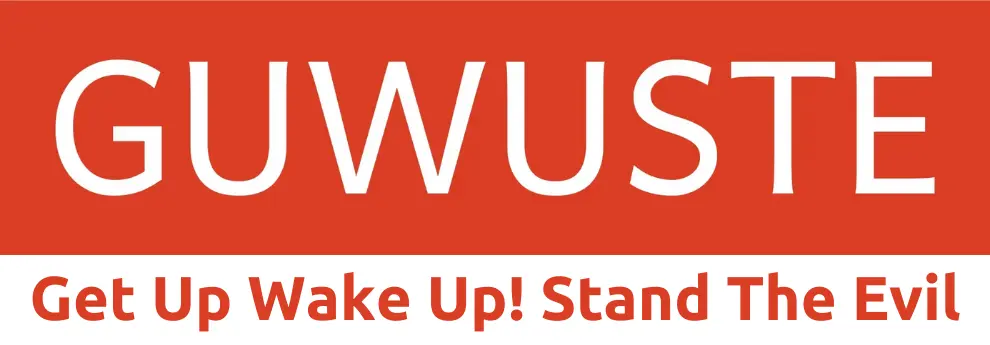Whose Interests Was Climate Science Sold For?
05 Sep 2025
- Share:

Climate Change: Is It Presenting a World on the Brink of Apocalypse?
Global climate discussions herald a dark scenario that will bring about the end of humanity. Are the "scientific facts" presented to us actually part of a grand deception? Or are we helplessly watching as we are dragged towards disaster, knowingly?
The answer to these questions lies not only in scientific data but also in the dirty games of global powers.
Climate Hysteria: Facts or Deception?
According to some scientists, the increase in greenhouse gases in the atmosphere is spreading like a poison that chokes the planet. However, some scientists explain that the effects of this increase are exaggerated and that the planet's natural cycles are being ignored. According to them, the recent warming is a result of the Earth's own internal, chaotic rhythms rather than human activities, a truth that makes us question the dark intentions behind the climate change narrative.
Could the global warming hysteria be the rise of bad science and populist politics, and most importantly, the final blow to already fragile poor communities? These questions evoke deep despair in our minds. Have you ever wondered whose interests these "facts" imposed on us actually serve? Or is it just a fuss to fill someone's pockets again?
The Enslavement of Science: Whose Interests Was It Sold For?
Scientists claim that government funding in the field of climate science has completely destroyed the impartiality of research. "Denialist" scientists, allegedly financed by "Big Oil," claim that the climate change narrative is a figment of imagination by independent scientists. How critical scientific autonomy and data transparency are becomes completely meaningless with these discussions.
Has science truly become an independent quest, or a slave to certain power centers? Whose mouthpiece are these so-called "scientists," and whose bread are they buttering? How much longer will we believe the charlatans who lie to our faces?
Natural Cycles and the Deadly Face of CO₂
The effect of natural variability on climate is a factor often overlooked. Some scientists highlight the potential benefits of increased CO₂ on agricultural productivity and the limitations of current climate models in policymaking. Satellite records and independent reviews support the importance of empirical data by showing weaker warming trends and no significant increase in severe weather events linked to emissions, even though independent data whispers that the one-sided narrative presented to us should be questioned, who is listening? What are the "experts" who claim there is a Climate Crisis after, and what truth are they hiding from us? Or are we doomed to drown in a big lie?
Turkey's Helpless Future in the Climate Vice
Turkey is a country deeply feeling the effects of climate change. Rising temperatures, decreasing rainfall, depletion of water resources, and the risk of desertification directly affect our agricultural and energy policies. But how much do global climate policies reflect Turkey's own regional realities?
Some scientists' emphasis on "pragmatic energy policies" reminds us that Turkey's energy transition should be shaped not only by global pressures but also by local needs. Alternatives such as regional energy cooperatives instead of carbon taxes, incentives for domestic production in energy investments, and social tariffs against energy poverty could be steps Turkey can take towards determining its own destiny.
But will these steps be enough to stop the impending disaster? Or will we continue to be pawns in the global game?
Agriculture and Food Security: A Struggle for Existence
Turkey's agricultural sector is one of the most fragile areas regarding climate change. However, the view of scientists that increased CO₂ can boost agricultural productivity offers alternatives for developing a balanced approach in food security policies. Drought-resistant crops and CO₂ impact analysis can enable agriculture to address climate change not only as a threat but also as an opportunity for transformation.
The question of how dependent local academic production is on the global climate discourse and how alternative information regimes can be established is vital for Turkey's scientific independence. But how meaningful will these opportunities be when hunger and scarcity knock on our door? Will the academic "solutions" presented to us really work, or are they just window dressing?
Climate Crisis Discourse and Social Justice
The fact that climate crisis discourses harm the poor necessitates the production of solutions in Turkey on how climate policies should be balanced with social justice. Low-income segments are directly affected by increases in energy prices and fluctuations in agricultural production. It is obvious that climate policies should consider not only environmental but also social dimensions.
Eylül KARA
Source: Global Disclosure






